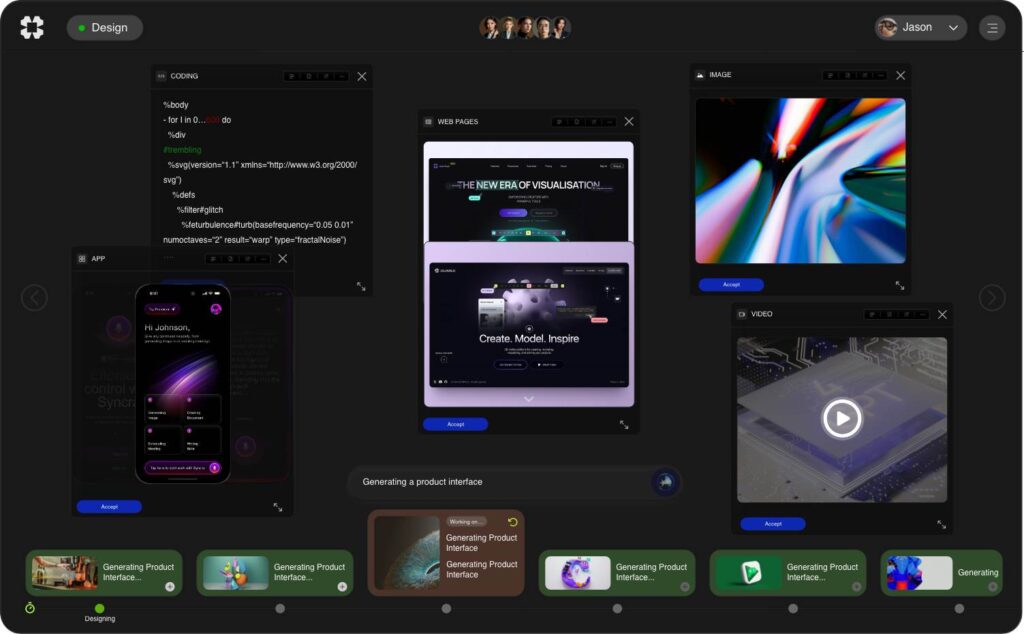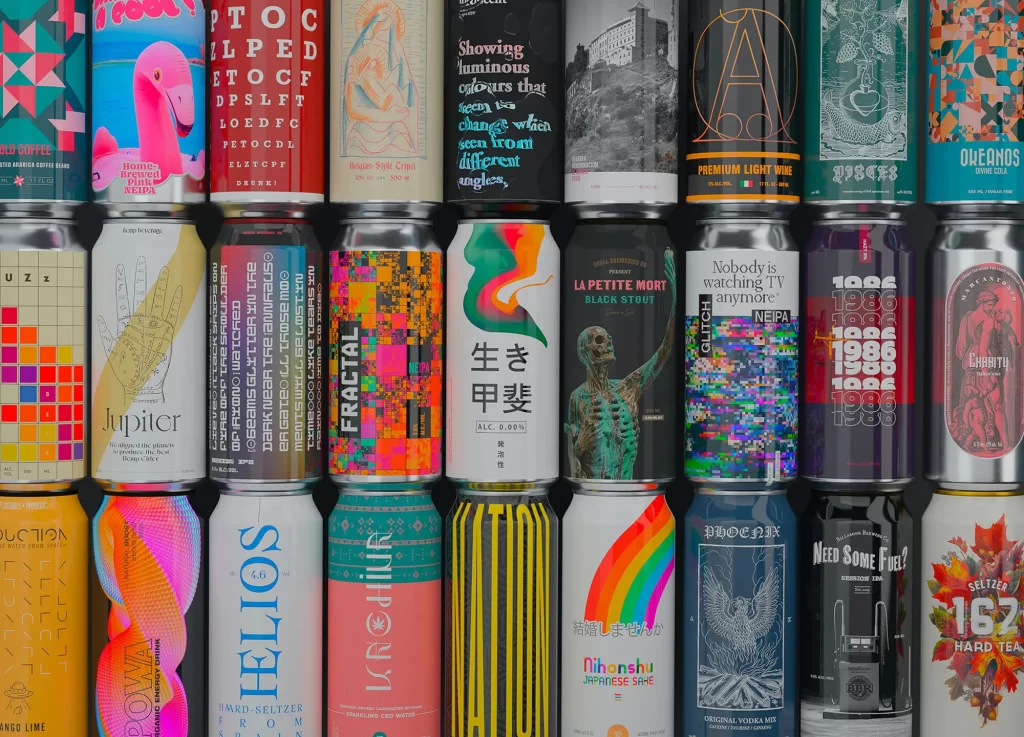Artificial Intelligence (AI) is no longer a buzzword—it is a transformative force reshaping industries across the globe. From data analytics that forecast trends to human resources (HR) technology making recruitment smarter, and sales forecasting that fine-tunes business strategies, AI’s impact is profound and far-reaching. In this article, we will explore the latest news and updates regarding AI applications in data analytics, HR tech, and sales forecasting, as well as the trends shaping these sectors and the solutions they offer.
.
**AI in Data Analytics: Revolutionizing Insights for Businesses**
One of the most impactful applications of AI lies within data analytics, where it empowers organizations to glean actionable insights from vast amounts of data. Traditional data analysis methods often struggle with processing speed and volume. However, AI-driven analytics tools can sift through massive datasets in real time, identifying patterns and trends that might otherwise go unnoticed. According to a report by McKinsey, companies using advanced analytics see a 23% increase in overall performance compared to those relying on traditional methods.
.AI techniques such as machine learning and natural language processing (NLP) are increasingly being integrated into analytics platforms. For instance, tools like Google’s BigQuery and Microsoft’s Azure Machine Learning employ AI to automate data analysis, enabling companies to generate actionable insights more efficiently. Furthermore, there is a growing trend toward democratizing data analytics, making it accessible to non-technical users through user-friendly interfaces and visualization tools, such as Tableau and Power BI.
.
A notable case study is that of Coca-Cola, which has successfully used AI-driven analytics to optimize its supply chain. By leveraging machine learning algorithms to analyze sales data and customer preferences, the company can anticipate demand fluctuations and adjust production schedules accordingly. This not only reduces waste but also enhances customer satisfaction by ensuring product availability.
.
**AI in HR Tech: Automating Recruitment and Enhancing Employee Experience**
The HR tech industry is undergoing a revolutionary change thanks to AI. Human resources departments are incorporating AI tools to streamline their recruitment processes, improve employee engagement, and foster a more inclusive workplace. AI systems can automate repetitive tasks such as screening resumes, allowing HR professionals to focus on strategic decision-making.
Recent advancements include platforms like HireVue and Pymetrics, which utilize AI to assess job candidates through video interviews and cognitive assessments, respectively. These systems analyze various metrics—such as body language, tone of voice, and even facial expressions—to predict a candidate’s likelihood of success in a specific role. According to a study by the Harvard Business Review, businesses that implement AI-driven recruitment can reduce hiring time by up to 50% and improve candidate quality substantially.
.
Moreover, AI also plays a crucial role in the employee experience post-hiring. Chatbots, such as those powered by Workday and BambooHR, are gaining traction by providing instant support for employee queries regarding benefits, policies, and performance reviews. This enhances engagement, as employees receive quick answers, effectively eliminating frustration associated with bureaucratic red tape.
.
A case in point is Unilever, which revamped its recruitment process by leveraging AI technologies. The company employs an AI-driven system to screen candidates and match them to suitable roles, resulting in a significant reduction in recruitment time and costs. Additionally, Unilever has reported a more diverse candidate pool, as the AI system minimizes bias in the hiring process, leading to a more inclusive workplace.
.
**AI in Sales Forecasting: Fine-tuning Business Strategies for Success**
Accurate sales forecasting is vital for any business’s growth strategy, and AI technologies are changing the landscape of how companies conduct forecasting. Traditional forecasting methods are often plagued by inaccuracies due to reliance on historical sales data and human intuition. In contrast, AI leverages predictive analytics to analyze various data points, including market trends, consumer behavior, and economic indicators, resulting in more accurate forecasts.
Tools like Salesforce Einstein, which integrates AI into the Salesforce platform, enable companies to analyze customer data, predict sales trends, and optimize pricing strategies. A Forrester report highlighted that businesses leveraging AI in sales forecasting can see a 10% improvement in forecast accuracy and reduce forecasting errors.
.
Companies like Amazon have set pioneering examples of AI in sales forecasting. Through sophisticated algorithms that analyze purchase history, shipping data, and even search trends, Amazon can predict customer purchasing behavior, keeping inventory levels aligned with demand. This not only enhances customer satisfaction but also drives sales and profitability.
.
Moreover, AI-powered CRM systems provide sales teams with valuable insights that help to personalize customer interactions. By analyzing past purchase behavior, AI can inform sales representatives about the best time to engage customers, which products to pitch, and how to tailor messages, thereby increasing the chances of closing deals.
.
**The Future Landscape: Trends and Solutions Powered by AI**
As AI continues to evolve, several trends are becoming apparent in its application across various industries.
1. **Hyper-Personalization:** As businesses increasingly rely on data to understand their customers, AI will facilitate hyper-personalized experiences, tailoring products, services, and communications to individual preferences.
2. **Real-Time Decision Making:** The ability to process and analyze data in real-time will allow organizations to make faster, more informed decisions, enhancing agility and responsiveness in dynamic markets.
3. **Integration Across Platforms:** Companies will increasingly seek solutions that integrate AI across different functions—be it HR, sales, or analytics—to create seamless workflows and comprehensive insights.
4. **Enhanced Data Governance:** With the growth of AI-driven solutions, there will be a heightened focus on data ethics and governance to ensure responsible use of data and compliance with regulations.
5. **AI Democratization:** As AI tools become more accessible, organizations without extensive technical expertise will also leverage these technologies to boost efficiency and innovation.
.
In conclusion, AI is poised to revolutionize data analytics, HR technology, and sales forecasting by driving efficiency, accuracy, and strategic insights. The organizations that embrace these technologies stand to benefit immensely—whether by optimizing supply chains, enhancing recruitment processes, or fine-tuning sales strategies. As the landscape continues to evolve, staying ahead of the trends and integrating AI solutions will be essential for organizations aiming to thrive in an increasingly competitive environment.
**Sources:**
1. McKinsey & Company. (2021). “The State of AI in 2021.”
2. Harvard Business Review. (2020). “How Companies Are Using AI in Recruiting.”
3. Forrester. (2021). “Predictions 2021: The Future of Work.”
4. Salesforce. (2020). “Salesforce Einstein: AI for CRM.”
5. Workday Insights. (2020). “AI and the Future of Work.”





















